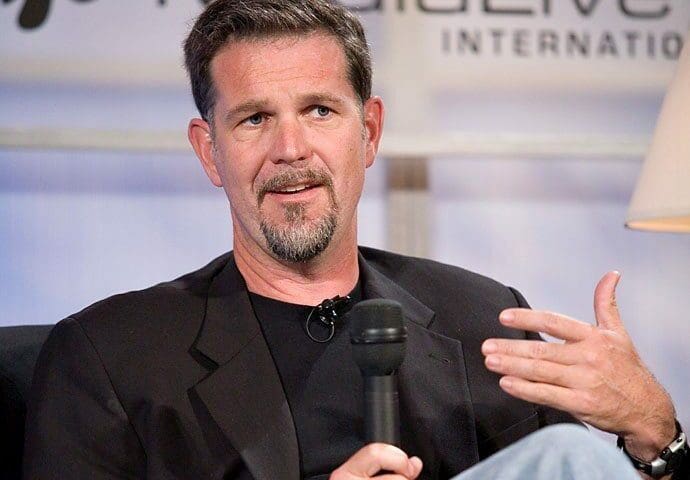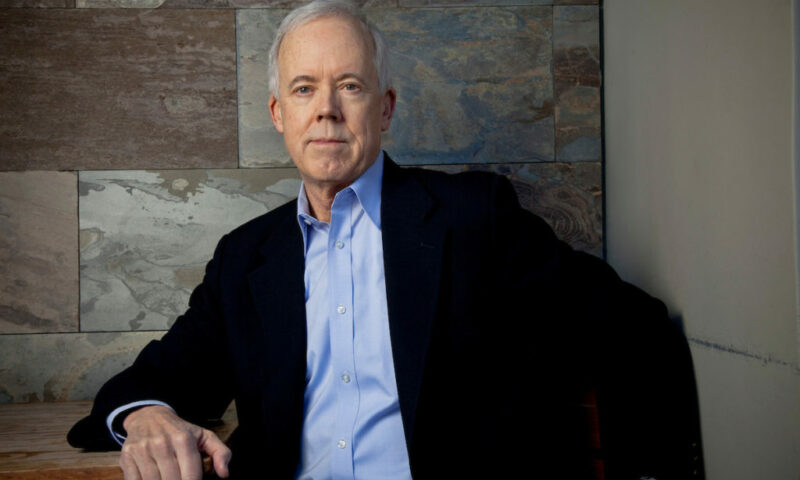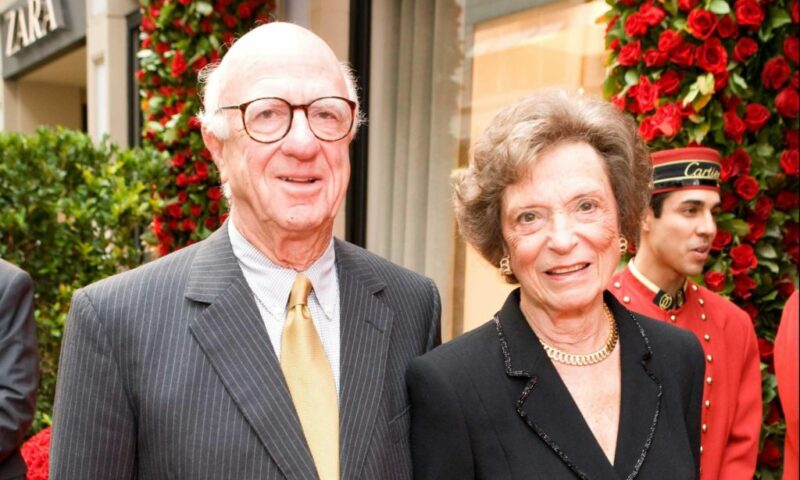

Hastings’ preferred school reforms, such as heavy use of streaming technologies and data collection, resemble the way he built Netflix. And his critics say that could be part of the problem.


Bill Bloomfield has become one of the charter movement’s biggest supporters and has also played a pivotal role in the rise of a new breed of California Democrats who frequently align themselves with big business.


Doris Fisher and her family have quietly become among the largest political funders of charter school efforts in the country. Much of her money goes to promoting pro-charter school candidates and organizations.


A baby step toward establishing municipal banking in America’s second-largest city would be a giant leap for this national movement.


The state Legislative Analyst’s Office estimates that California schools and local government losses will run $1 billion annually if voters approve a new property tax measure.


Supporters describe Proposition 11 as necessary to ensure public safety, but EMT workers describe grueling 12-hour shifts in which crew members can often go eight hours without having a chance to stop for food.


Published by USA Today
A synagogue in Irvine, Calif. was vandalized overnight Wednesday, just 4 days after a shooting at a synagogue in Pittsburgh killed 11.


Co-published by Westword
Fallout from Colorado’s Amendment 74 could land on all states’ efforts to curb pollution and climate change.


Co-published by Westword
Why is oil and gas industry money flooding Colorado’s elections?


Co-published by The American Prospect
Beyond jeopardizing road repairs and mass transit, Prop. 6 would strike at the very nature of governance itself in the Golden State.